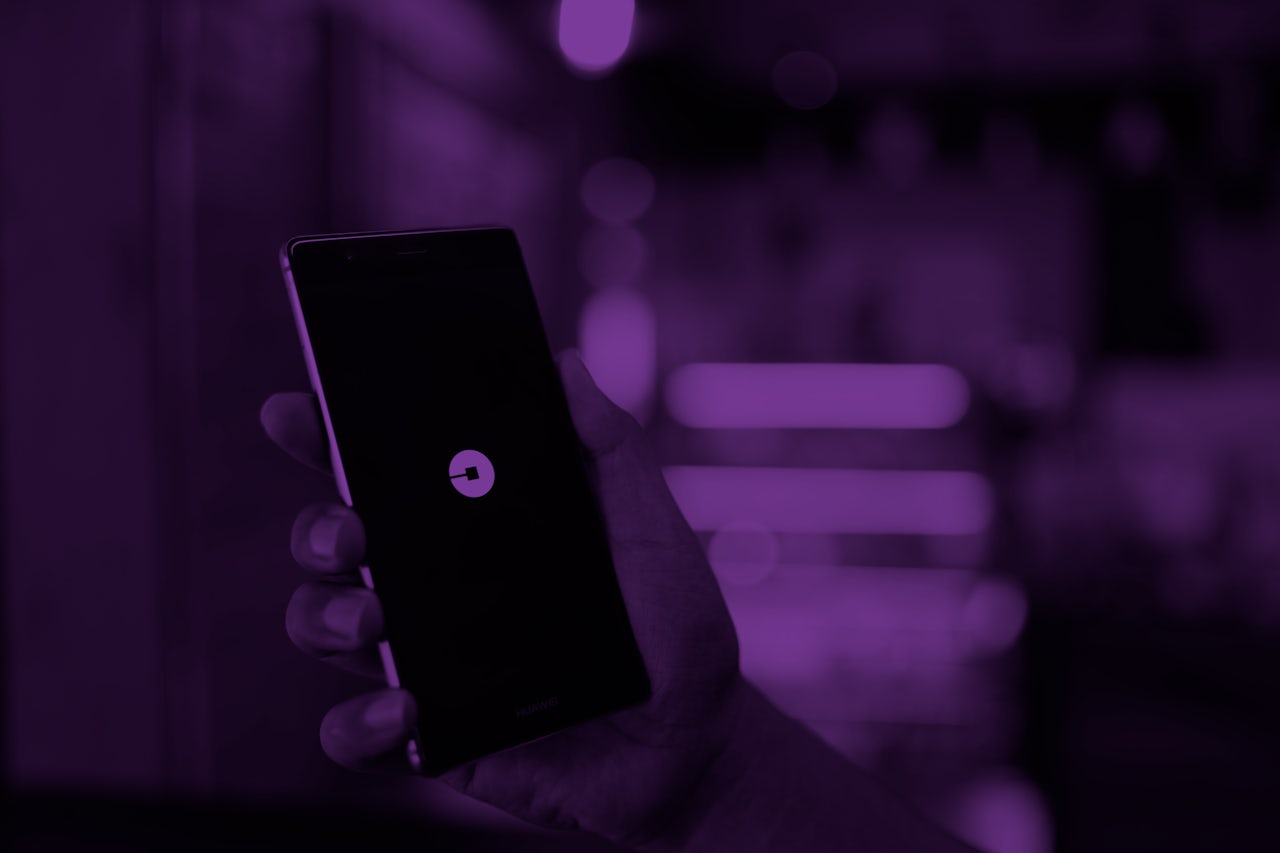A New York appeals board ruled Thursday that Uber drivers are full employees — not contractors — of Uber, and as such, they're entitled to unemployment benefits. The ruling continues a legal backlash to the predatory economic scaffolding of the gig economy. In the last few years, states including Pennsylvania and California have also ruled in favor of gig workers receiving unemployment benefits as employees.
The board reviewed the case of three Uber drivers who quit the app after their low wages failed to pay their bills. But when they applied for state unemployment insurance, they were rejected because Uber had classified them as independent contractors, not company employees. After an initial ruling in October 2016, the case went to the state’s unemployment appeals board, which upheld the original decision.
One of the most punishing ramifications of the gig economy is the outsourcing of typical benefits on the grounds that gig workers are not true employees — a significant financial toll for those contractors that is not immediately apparent from the start of the gig. Though Uber drivers nationwide earn $11.77 per hour, accounting for outside costs like health insurance drops that wage to $9.21 per hour, according to a May 2018 report from the Economic Policy Institute — below the minimum wage in 29 U.S. states.
One vexing benefit that companies profiting off of gig work have attempted to scrap: unemployment benefits. Generally, workers need to have a W-2 form and be seeking full-time work to qualify for unemployment, leaving Uber drivers out in the cold. This happens in spite of the fact that Uber’s practice of “deactivating” drivers with star ratings under 4.5 looks a lot like firing an employee.
Though the decision only applies to the three drivers and to “similarly situated” drivers, it could have larger ramifications for the gig economy. Namely, if full-time gig workers continue to be deemed employees, companies like Uber, Postmates, and Rover could be forced to pay more benefits.
This May, California decided to adopt an employment test, also used by Illinois and New Jersey, that could bring a safety net to gig workers. Called the ABC test, it presents three pieces of criteria that a company must show in order to designate one of their workers as an independent contractor: (1) the worker must be “free from control” of the larger company, (2) the worker must provide a service that is not part of the company’s main business, and (3) the work must be a professional who has regularly offered their services to other companies.
By that definition, virtually no Uber drivers would be considered independent contractors, unless the company can argue that transportation is not its main business. If more states adopt this standard, “that may be the only thing that can get around an ABC test,” attorney Todd Lebowitz told CNN in May. “If a ride-hailing service is a technology company, then they may still be able to meet that test. But it's going to be scrutinized a lot more closely now.”
